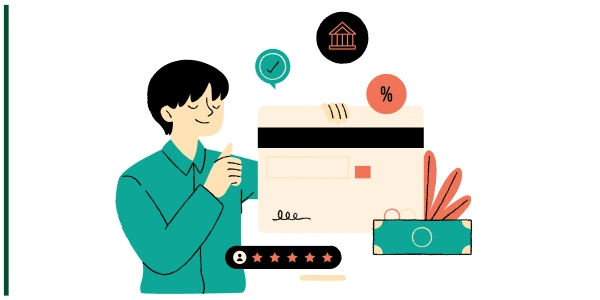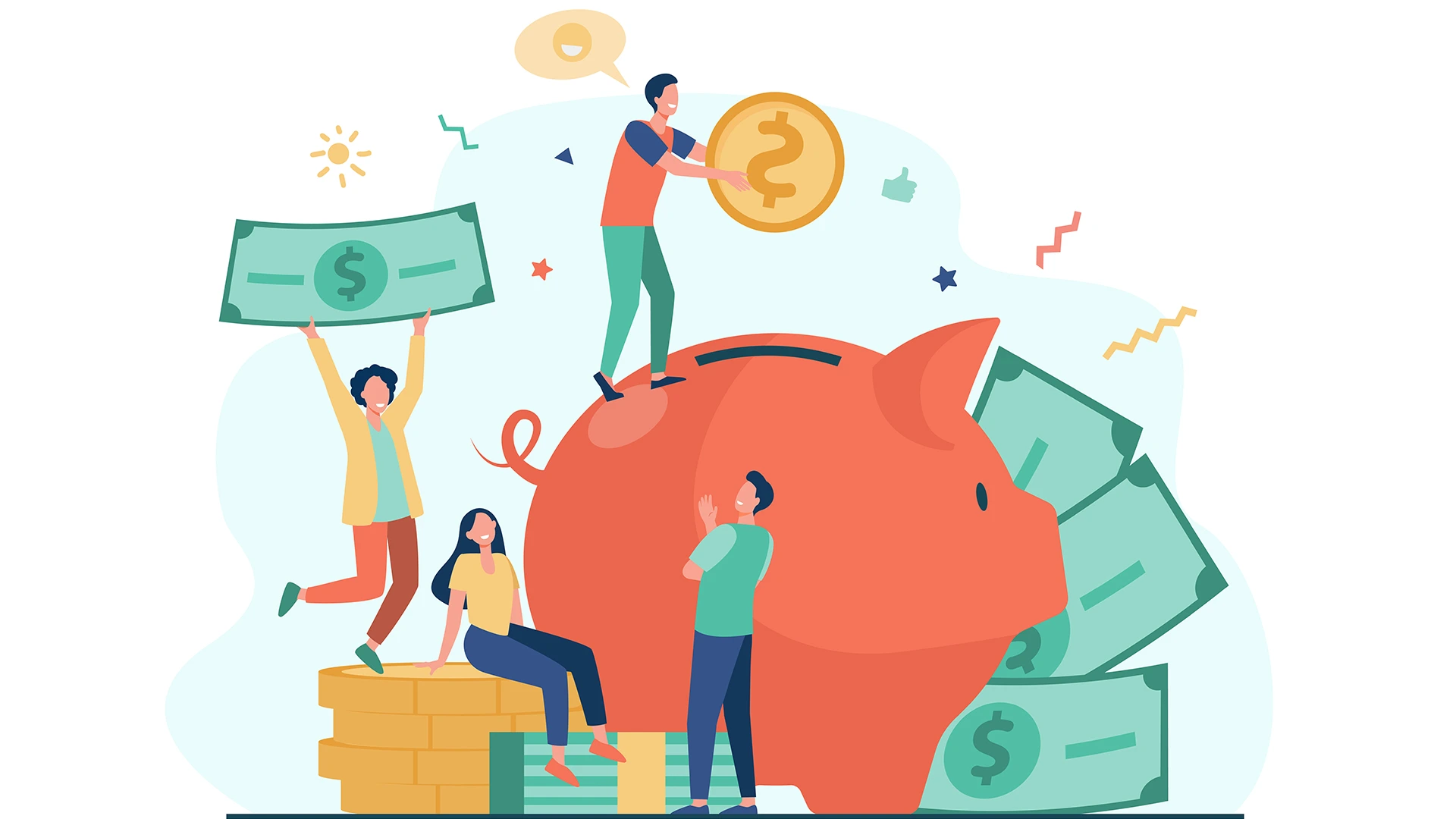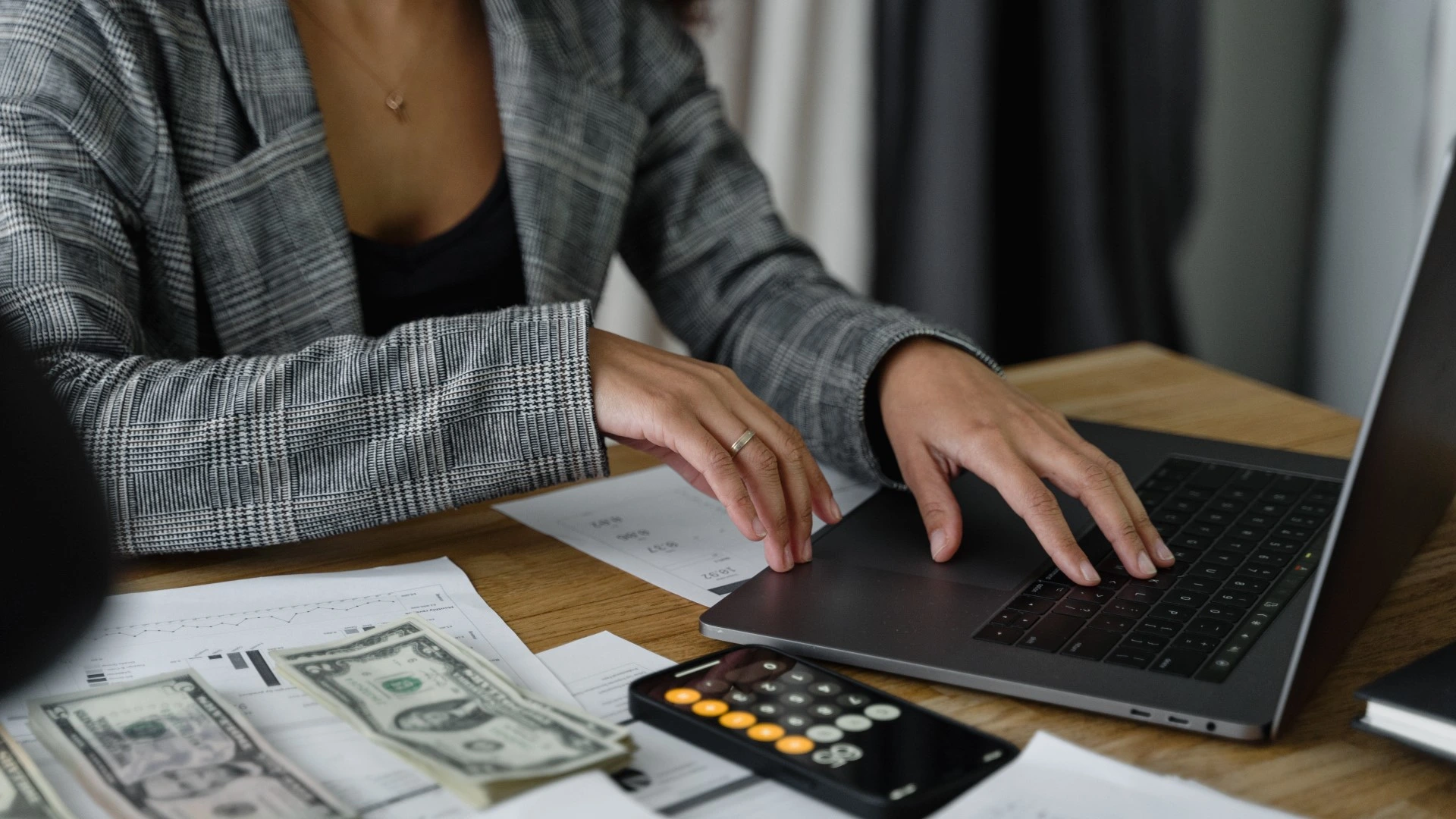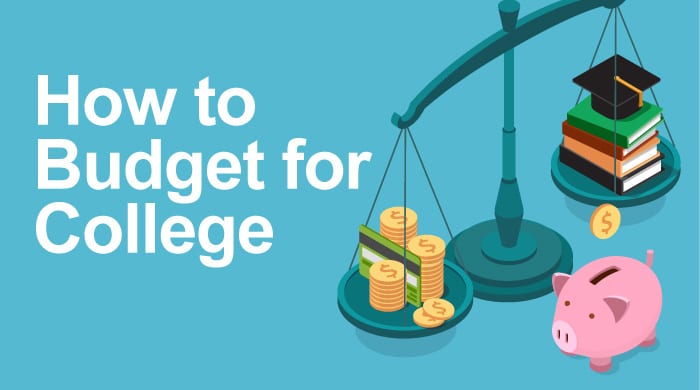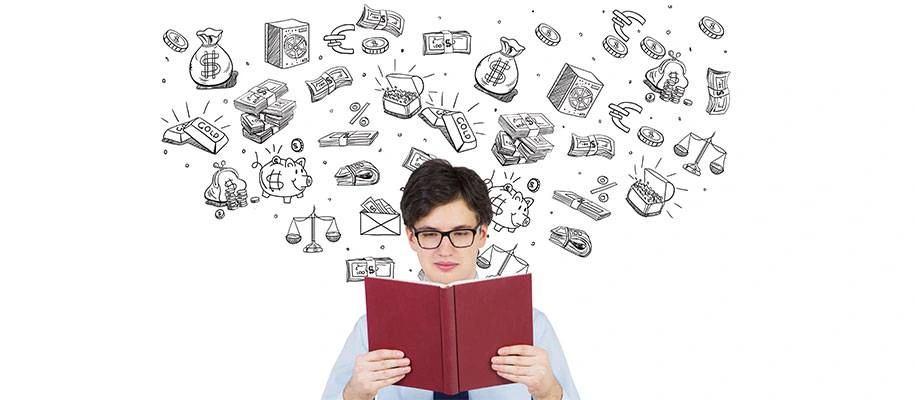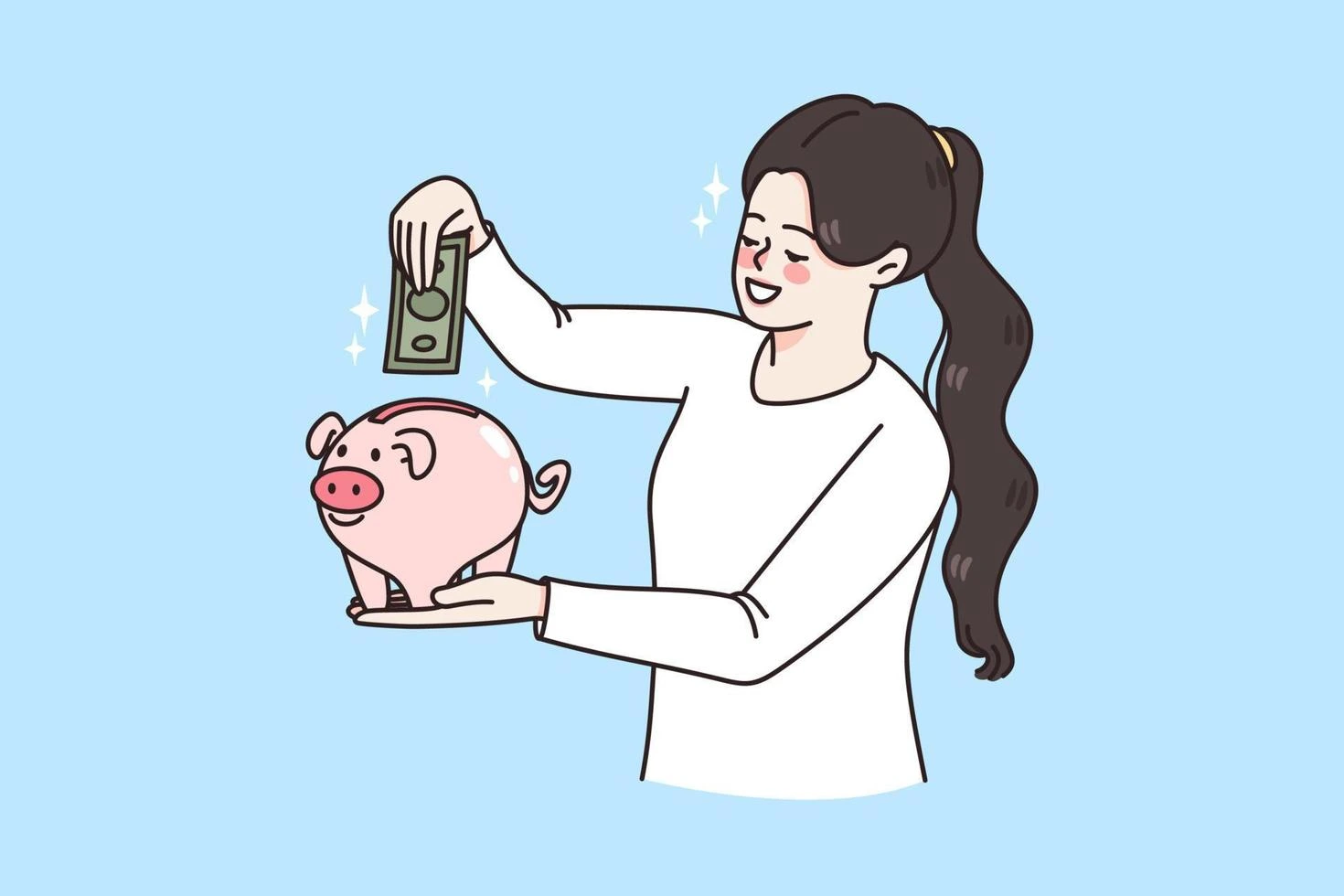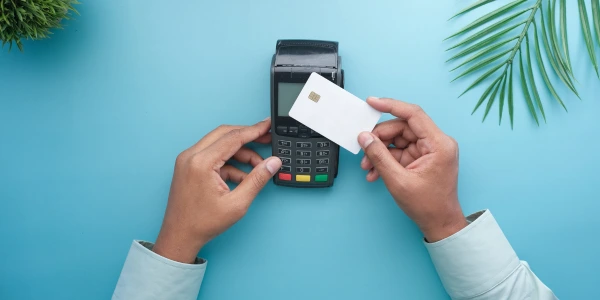How to Use a Credit Card Responsibly in Your 20s
Credit cards can be powerful financial tools when used correctly—but they can also lead to long-term debt and credit damage if mismanaged. For many young adults, their 20s mark the first time they’re offered a credit card. Learning how to use it responsibly can build your credit history, boost your financial reputation, and even earn … Read more

